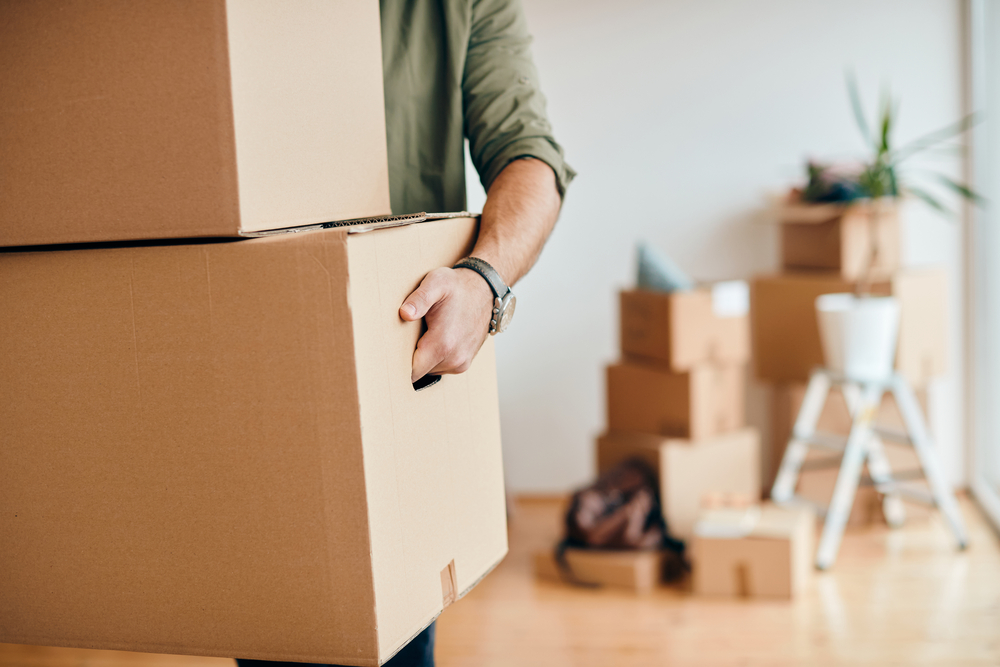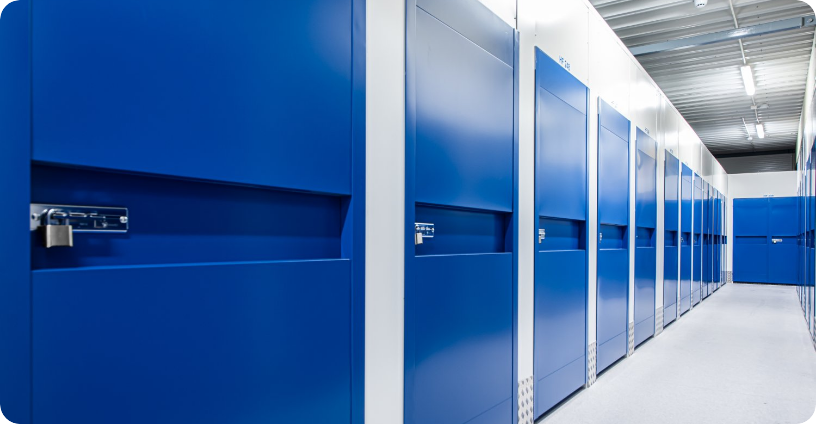
Frequently Asked Questions
Our storage contracts run on a 4 weekly cycle which gives you full flexibility to rent storage with us for as short or as long as you need to. We only require 2 weeks’ notice when you want to move out of storage, so your use of storage can adapt to changing plans whenever it’s needed.
When you have signed the storage agreement, we will give you your personal access code and explain the alarm system so that you know exactly how everything works. If you ever have any questions about how to access the building, our helpful team is always happy to help.
When you come by our reception to sign your storage contract, we will ask you for your ID, proof of address and payment of your first invoice. You will then be given your access information so that you can come and go to your storage unit as often as you want.
Regular Access
Monday–Friday: 8:00 AM – 6:00 PM
Saturday: 9:00 AM – 4:00 PM
Extended Access
7 Days a Week: 6:00 AM – 11:00 PM
Monday – Friday 8:00am – 5:00pm
Saturday – 10:00am – 2:00pm
Sunday – CLOSED
Yes, booking online is very easy and hassle free. Please contact one our friendly team on 02380494200 should you have any questions
No, we are very Flexible. You will need to just give us 2 weeks notice when you decide to vacant.
2 weeks notice to vacate
When you come by our reception to sign your storage contract, we will ask you for your photographic ID, proof of address and card payment of your first invoice. You will then be given your access information so that you can come and go to your storage unit as often as you want.
Direct Debit, Credit card, Debit Card and Standing order are all acceptable forms of payment.
1. Perishable Food
Foods that require refrigeration or have a short shelf life, such as milk, meat, fruits, and vegetables, are not allowed in self-storage units. Not only can these items attract pests, but they can also create an unpleasant smell. Leaving food in an enclosed space will cause it to rot, and its smell will attract insects and rodents. One big mistake most people make is storing food in coolers for short periods. However, a self-storage unit cannot accommodate non-perishable foods. It’s better to store food or perishable items elsewhere.
2. Hazardous Materials
Any items that pose a danger, such as gasoline, propane tanks, paint, chemicals, and fertilizer, should not be stored in self-storage units. These items can be a fire or health hazard, so it’s best to keep them elsewhere.
Ensure all your lawn equipment has been thoroughly drained of any remaining gasoline or oil before storing it. If you don’t do that, your safety, others’ safety, and the storage center’s safety are at risk. Things that aren’t allowed include:
Paint
Paint thinner
Fertilizer
Fireworks
Oil
Chlorine bleach
Acid
Propane tanks
Compressed gas
Kerosene
Gasoline
Radioactive material
3. Weapons, explosives, or ammunition
In self-storage units, you can’t store firearms, ammunition, and other weaponry, such as hand grenades and flame throwers. It is because there are a lot of liability issues involved on the facility’s part, as well as obvious safety concerns. Under the Firearms Rules 1998, these items must be securely stored away from the reach of unauthorized people, like those without firearms certificates. You should store them in a secure gun cabinet or container, according to police advice.
4. Things (both living and dead)
Living things cannot be stored in storage units. It doesn’t matter if it is a tiny plant or an animal; it is not permitted if it is alive – or used to be alive. It is cruel to keep animals in these airless spaces. It is illegal to store a live animal in a self-storage unit, not only because it is against public storage rules but also because it is prohibited by law.
It is illegal to store any of these items in a storage unit.
Animals
Dead organisms
Flowers
Plants
5. Illegal Goods
A self-storage facility should not store illegally obtained items such as illegally imported items, tobacco, alcohol, or unlicensed or unsafe items. It is not legal to store anything that does not belong to you – on our premises or yours. It is also important to note that self-storage facilities are very well monitored, and their employees are also responsible for calling the police if anything seems suspicious in their facility.
Conclusion
In conclusion, self-storage units are an excellent resource for storing items that are not in use. Some items can’t be stored in self-storage units and are prohibited from being stored there. These items include hazardous materials, animals, food, plants, and anything considered illegal. It is also important to remember that many self-storage facilities have specific rules and regulations, so it is essential to read through them before renting a unit. By following these guidelines and understanding what items should and should not be stored in a self-storage unit, you can ensure that your belongings are kept safe and secure.

Ready to Store with Us?
Don’t hesitate to contact us for more information about company or service
